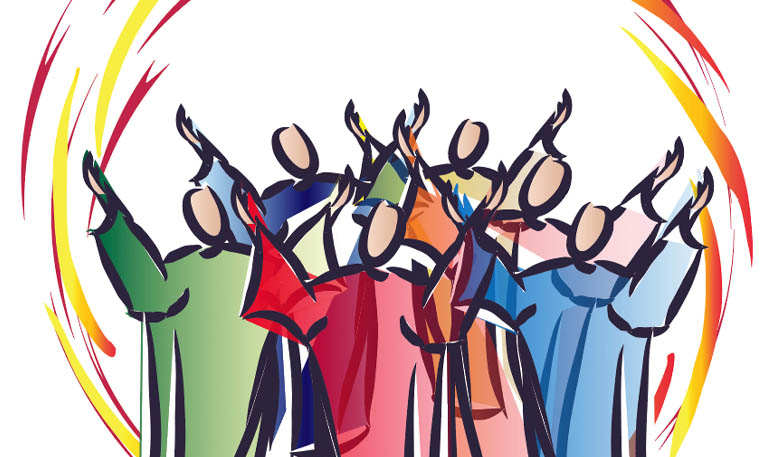Questions of Faith
I once had a friend, Benny, a birthright Quaker, who had over the course of his life become an atheist. After battling lung cancer for several years, his body started to weaken, and he was put on hospice care. One afternoon as I was sitting by his bed, I asked him what he believed awaited him after death. He said he thought it would be peaceful. like lying in a mountain meadow. I then asked him what he would do after he died and saw that there was a God. He replied, “I would look him in the eye and categorically deny existence!” Benny died peacefully.
Bob, another elder friend of mine, was raised Roman Catholic, but had left the faith and considered himself agnostic. When his health began to quickly fail him, I encouraged him to figure out what he believed awaited him at death. He made attempts to do this but found it overwhelming and kept putting it off. Bob didn’t have a peaceful death.
Many of us embrace the tenets of various faiths and the theologies and doctrines that instruct one about the meaning of life and what awaits us after our time on earth. However, many people do not subscribe to any faith tradition and are atheist or agnostic. In my work as a pastor and chaplain, I encourage people to engage in the process of theology regardless of whether they believe in a deity. I stress that it is important at any stage of our lives to really know what it is we believe, something that is especially true in our later years.
Over time, I developed a workshop to help people construct their own theologies. Here are 10 of the main questions:
-
What moral principles guide your life? Most everyone learns from an early age the difference between right and wrong, either by direct instruction from caregivers, through religious teachings, or by observation of the adults in their lives. We rarely think much about what ethics, morals, and codes of behavior inform our attitudes and actions. Reflecting on them and then writing them down shows us who we really are.
-
What is the purpose of life? Contemplating this makes it possible for one to begin to articulate one’s core values.
-
What is Love? Is it simply an emotion? A dynamic force at work in the universe? From where does it originate? Is it the opposite of hate or is it something else entirely? Are their limits to your ability to love unconditionally?
-
Do you have a Higher Self? If so, how do you connect with it? Most people sense that there is more than one aspect of what is called “I.”
-
What brings you joy? This sounds like an easy question, but often is more difficult to answer for those in the latter part of their lives who often are no longer able to do many of the thing they once enjoyed.
-
What does creation and the idea of infinity mean to you? The answer to this isn’t always easy to formulate as we often have feelings about them that cannot be expressed with words.
-
Where is God/the Divine/Greater Reality in the world? Those who are religious will have an easier time with this. However, even members of faith traditions do not subscribe wholly to the dogma and doctrine of those systems of belief.
-
Are there other dimensions of existence? Children continually engage in fantasy so can respond to this easier than adults who, for the most part, no longer allow themselves to do this.
-
What are miracles? Many will say that miracles can be explained scientifically, but for those who have experienced miraculous things this does not hold true.
-
What happens when we die? Even religious people may not be sure and for others it simply doesn’t matter.
These questions may sound straightforward but can be challenging for those not in the habit of self-examination.
Whether you’re a devout religious believer, a humanist, or a spiritual seeker, you can benefit greatly by engaging with these questions. When one knows who they are, why they’re here, and what awaits them, they do, indeed, find peace.
Stephen Sinclair lives in Seattle’s Capitol Hill neighborhood. Earlier in his life he enjoyed a career in show business while working out of New York and Chicago. A career as an ordained Unitarian Universalist parish minister and a hospital chaplain followed. Most recently, he worked with the homeless and is a weekly volunteer visitor at the Monroe Correctional Complex


